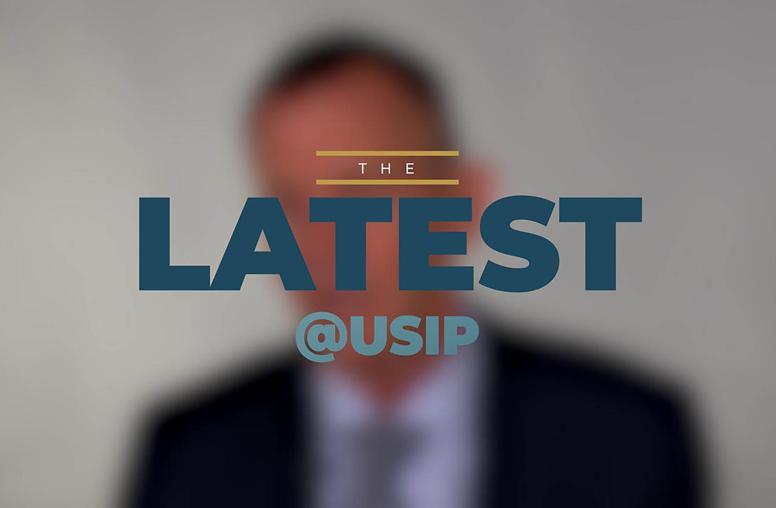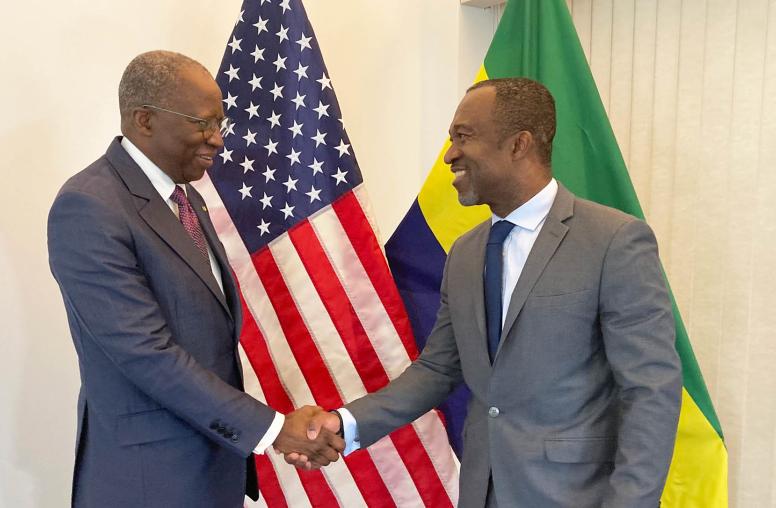Is There a Path to Greater Unity in the Western Hemisphere?
An Assessment of Latin America Policy with U.S. National Security Council Senior Director Juan Gonzalez
Read the event coverageThe Western Hemisphere faces mounting challenges as it confronts persistently high levels of poverty, rising violence, massive flows of migrants, and some of the worst COVID aftermaths in the world. Citizens are taking out their frustration at the polls, where they are increasingly turning either to the left or to populist leaders to chart a new course for their countries. Meanwhile, the United States is confronted by increasing competition from Russia and China and the stubborn flow of drugs that kill thousands each year. To meet these challenges, the hemisphere needs unity — is there a way to achieve it?
At the Summit of the Americas, President Biden expressed U.S. aspirations for a hemisphere that is “middle class, secure and democratic.” The summit allowed for several important initiatives on health, climate change, trade and migration that will advance these aspirations — but also revealed some of the fissures in hemispheric unity that are impeding progress.
On September 19, USIP hosted an in-person discussion of U.S. policy in the hemisphere with National Security Council Senior Director Juan Gonzalez. The conversation looked at the administration’s mid-term assessment of hemispheric relations amid the backdrop of the recent election in Colombia, the ongoing crises in Haiti and Venezuela, stiffening relations with Mexico, Central America’s challenges, and the general expressions of discontent among the hemisphere’s citizens.
Continue the conversation on Twitter using #LatinAmericaPolicy.
Speakers
Juan Gonzalez
Senior Director for the Western Hemisphere, U.S. National Security Council
Keith Mines, moderator
Director, Latin America Program, U.S. Institute of Peace



